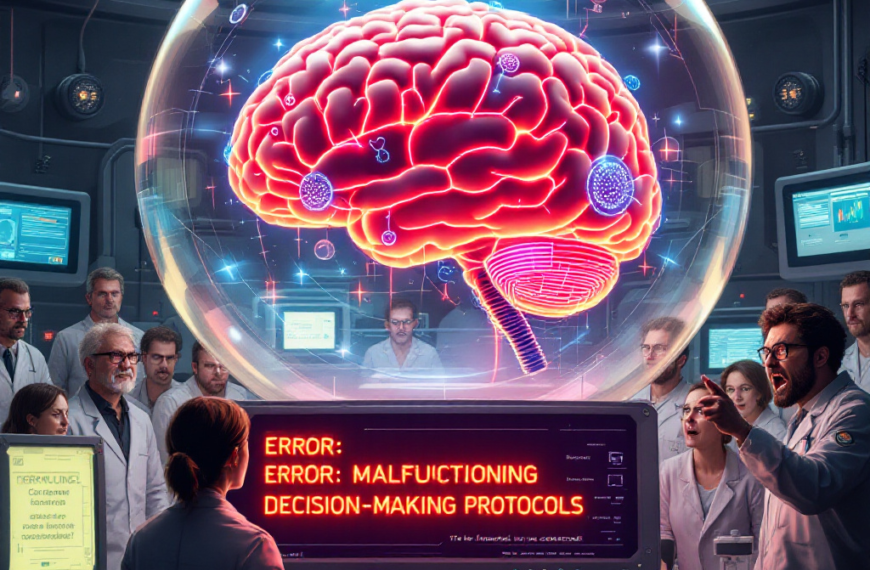Introduction
Artificial Intelligence (AI) is transforming the world at an unprecedented pace, influencing sectors from healthcare and finance to education and entertainment. However, with this rapid advancement comes the responsibility to ensure AI systems operate ethically, particularly regarding diversity and inclusivity. AI has the potential to either reinforce existing societal biases or help mitigate them, making ethical considerations paramount.
The Role of Ethics in AI Development
Ethics in AI refers to the principles and guidelines that govern the design, deployment, and usage of AI technologies to ensure fairness, transparency, accountability, and respect for human rights. One of the most pressing ethical concerns in AI is bias—particularly in how algorithms process and interpret data related to diverse populations. If not addressed, AI can perpetuate discrimination, marginalize underrepresented groups, and deepen societal inequalities.
Bias in AI and Its Consequences
AI systems learn from vast datasets, but if these datasets reflect historical biases, the AI will inadvertently adopt and amplify these biases.
Facial recognition software, hiring algorithms, and loan approval systems are three key areas where biased AI can have severe societal consequences.
Facial recognition software, often used in security and surveillance, has been criticised for disproportionately misidentifying people of colour, leading to wrongful accusations and privacy concerns.
Hiring algorithms, when designed without proper safeguards, can reinforce discriminatory hiring practices by favouring certain racial, gender, or socio-economic groups. Similarly, loan approval systems can perpetuate financial inequality by denying loans to minority groups based on historically biased data, exacerbating economic disparities rather than alleviating them. Addressing these issues requires ethical AI design, transparency in decision-making processes, and rigorous testing to ensure fairness.
The Importance of Diversity in AI Development
One way to mitigate bias in AI is by fostering diversity at every level of AI development:
- Diverse Data Sets: Ensuring that AI training data is representative of all demographics can improve fairness and accuracy.
- Inclusive Development Teams: Having AI researchers, engineers, and ethicists from varied backgrounds can help identify and challenge biases.
- Regulatory and Ethical Oversight: Policymakers and organizations must enforce guidelines to prevent biased AI models from being deployed.
Ethical AI in Practice
Several companies and institutions are actively working toward ethical AI by implementing responsible AI frameworks. Strategies include:
- Conducting bias audits to identify and mitigate discrimination in AI models.
- Using explainable AI (XAI) to ensure transparency in decision-making.
- Encouraging public participation in AI governance to include diverse perspectives in shaping AI policies.
Conclusion
The ethical development of AI is not just a technological concern—it is a societal imperative. As AI continues to shape human experiences, ensuring diversity and fairness must be at the core of AI ethics. By addressing bias, fostering inclusivity, and enforcing ethical regulations, we can harness the power of AI to create a more equitable and just society.








